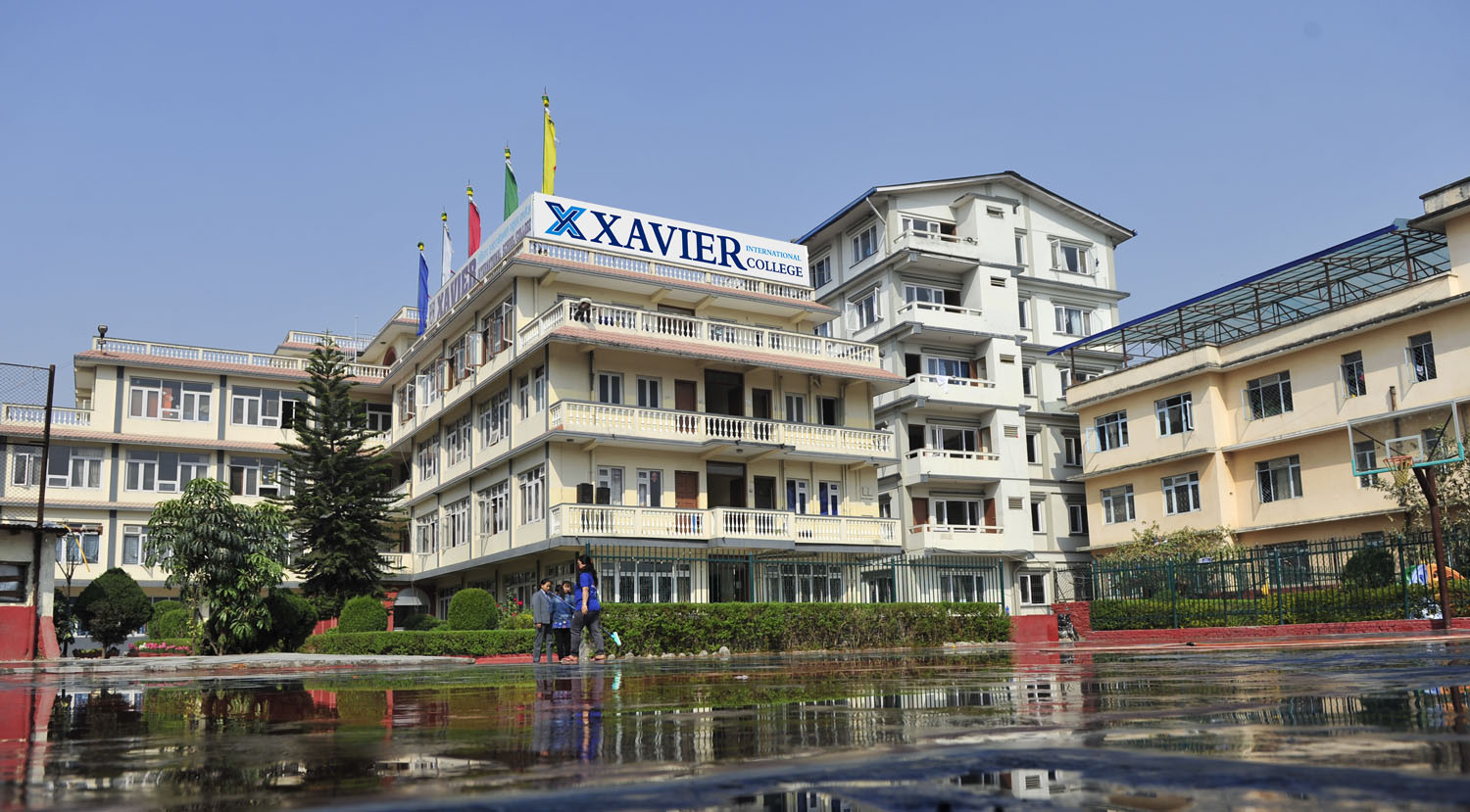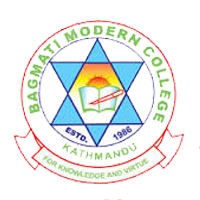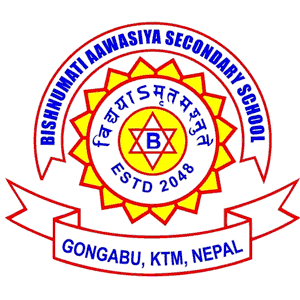Overview
Ten Plus Two (Law) at Xavier International College, Kalopul, Kathmandu
Ten Plus Two in Law at Xavier International College (XIC), Kalopul, prepares you for legal studies and civic leadership from Class 11–12 under Nepal’s national framework. You study foundational legal ideas, citizenship, rights, and public institutions while building habits in reading, writing, argumentation, and case analysis.
The stream supports students planning for BA LL.B or other undergraduate programs related to governance, social justice, development, criminology, or public administration.

Overview
This stream gives you an early start in legal thinking. You learn how rules are formed, how institutions apply them, and how people access remedies. You practice writing short case notes, reading policy texts, and discussing current issues in class. The aim is straightforward—gain a clear base for university-level law or policy degrees and learn to read rules with care.
Highlights
-
level: National Examinations Board (NEB), Ten Plus Two (Grade 11 and 12)
-
campus: Kalopul, Kathmandu (XIC)
-
stream purpose: early legal literacy for higher study in law and governance
-
assessment: internal tests, terminal exams, and board examinations as per the NEB calendar
-
support: counselling for subject selection, equivalence guidance for students returning from other curricula, and documentation review
Curriculum details
The college delivers the Law stream within Nepal’s secondary framework. Your timetable balances legal papers with compulsory subjects and stream-supporting options. Classroom work introduces legal terminology, sources of law, civic rights and duties, constitutional ideas, and Nepal’s justice structure. Teachers use current examples to show how rules operate in daily life—traffic, contracts, local government services, and school rules become starting points for discussion.
Students complete written assignments that mirror later university expectations. Short “case briefs” help you capture facts, issues, rules, and decisions using simple formats. Class debates train structured reasoning. Source reading from constitutions, acts, and regulations builds confidence with formal language. By the end of Grade 12, you have a file of notes and responses that document steady progress.
Objectives
The stream sets five practical objectives:
-
build clear legal literacy for young learners
-
help you read constitutional and statutory texts with patience and precision
-
introduce institutional roles: courts, prosecutors, police, local governments, and commissions
-
develop habits in ethical reasoning and respectful disagreement
-
prepare you for university entrance processes in law, governance, and social policy
Scope
Students often ask what Law at +2 can unlock. The stream opens doors to BA LL.B and related majors that value analytical reading and civic understanding. Graduates pursue law, public administration, criminology, development studies, international relations, social work with a justice focus, or journalism centered on courts and public affairs. The skill set also supports service in local governments, NGOs, and youth legal-aid initiatives.
Learning outcomes
Students learn to:
-
read legal texts and summarize the main rule without embellishment
-
distinguish facts from opinions when discussing events
-
write short, structured responses that answer the question directly
-
apply basic constitutional and civic ideas to everyday cases
-
speak in a clear, respectful tone during classroom debates
Skill development modules
The college integrates skill practice into weekly work. You prepare short memos, present a two-minute oral argument on a prepared prompt, and complete timed quizzes that train exam stamina. Teachers model citation basics for legal notes and show how to scan official notices. Peer review sessions help you refine clarity and remove filler words. These tasks build a portfolio you can reference during university interviews.
Teaching methodology
Faculty use guided discussion, case snapshots, and writing drills. Classes begin with a simple scenario—neighborhood dispute, contract for a service, or a public safety rule—and move toward the relevant principle. Teachers circulate with quick feedback rather than lengthy lectures. You learn to correct small errors early: missing definitions, weak paragraph openings, or unclear conclusions.
Admission requirements
Applicants submit secondary completion documents and meet the college’s process for stream placement. The office shares deadlines for forms, counselling sessions, and fee information. Subject combinations and seat availability are published each intake. Students coming from non-NEB backgrounds receive guidance on equivalence and the documentation required.
Career opportunities
A +2 Law background builds a path toward:
-
BA LL.B and law practice tracks after graduation
-
policy and governance roles through public administration or development studies
-
research assistant work in legal reform projects and civic education
-
court reporting and legal desk roles in media organizations
-
paralegal and documentation roles in NGOs and legal-aid groups
Early exposure to legal writing and structured argument helps you adapt quickly to university assignments and entry-level tasks.
Scholarships and financial aid
Scholarship categories are announced each session. Awards typically consider academic achievement and stream placement results. The office lists seat counts, forms, and deadlines during admission. Students should keep photocopies of certificates, recent photographs, identity documents, and any need-based evidence ready for verification.
Why choose this course?
You may prefer a disciplined route into legal study that values careful reading and clear writing. The Law stream at secondary level helps you test your interest before committing to a professional degree. You produce evidence of progress—notes, briefs, and presentations—that support scholarship and admission applications for higher study.
Conclusion
Ten Plus Two in Law at Xavier International College sets a clean foundation for Nepal’s university routes in law and governance. You learn to handle rules, interpret cases at your level, and present arguments without noise. That focus prepares you for BA LL.B and related degrees while keeping service to community at the center of your studies.



















